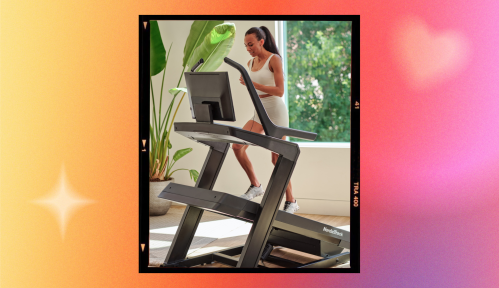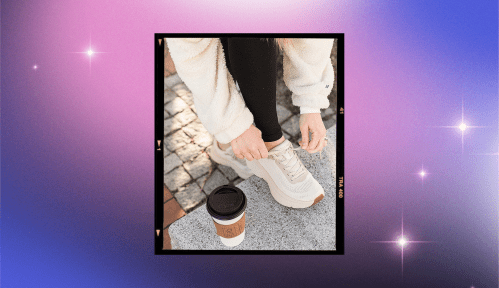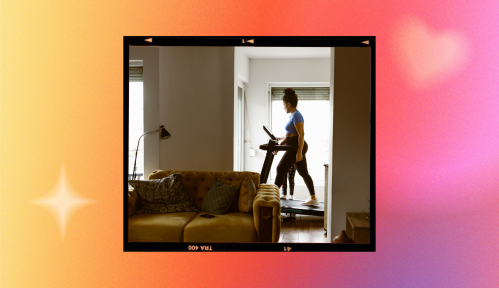Hate To Break It to You, but Your Compression Socks Probably Aren’t Helping Your Muscle Recovery
A new systematic review debunks the use of compression socks for recovery. But that doesn't mean they are all for naught.
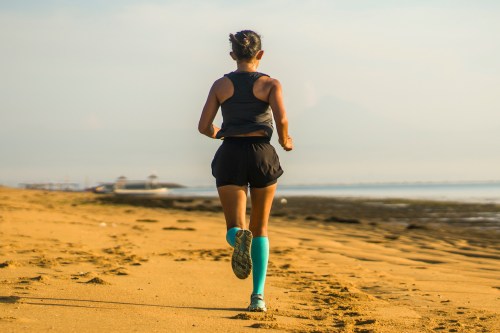
If you take a look at the sea of legs of runners lining up before the start of the race, there’s a good chance you’ll notice at least a few of them decked out with compression socks.
Experts in This Article
Jasmine Marcus, DPT, is a physical therapist in New York.
From runners and triathletes to soccer players and everyday gym-goers alike, many athletes have taken up wearing compression socks during or after their workout with the hopes that they will aid recovery, increase circulation, or otherwise enhance performance.
But do these socks actually work? Are there real benefits from wearing them when you exercise? According to recent research, compression socks may not be all they’re cracked up to be.
Do compression socks work?
Arecent systematic review investigated whether compression garments, such as compression socks, worn during or after workouts could aid the recovery of muscles. Researchers pooled the data from 19 randomized controlled trials involving 350 healthy participants, and found that compression garments had no effect on strength recovery after exercise.
“The evidence seems to show that while helpful for other conditions (such as preventing blood clots), compression socks don’t do much for muscle recovery,” says Jasmine Marcus, DPT, a physical therapist based in New York.
The benefits of wearing compression socks
That isn’t to say that wearing compression socks is all for naught. Dr. Marcus says that while they may not make much of a difference in terms of reducing strength loss after a hard workout, compression socks may still help with your overall recovery. “The theory is that they help increase blood flow in the area over which you’re wearing them,” she says.
Dr. Marcus says compression socks have also been shown to be helpful in treating or preventing several other conditions. “They can help improve circulation (especially in people who stand a lot), help prevent potentially deadly blood clots, relieve varicose vein pain, and decrease swelling,” she explains.
Turning back to the research,another review in 2016 showed small positive effects in athletic markers like the time to exhaustion during endurance exercise, running economy, clearance of blood lactate, perceived exertion, maximal voluntary isometric contraction, and peak leg muscle power immediately after running, and decreased muscle damage and inflammation. Another study found that wearing compression socks may also reduce the impact forces of running, potentially reducing the risk of injury.
The one downside to watch out for
If you feel like wearing compression garments gives you a performance boost in one way or another, there’s really no reason not to wear them. After all, Dr. Marcus says there can be a mental benefit that shouldn’t be overlooked. “There is some evidence that they can have a placebo effect, so if someone has already been wearing them and likes them, they should continue doing so,” she says.
There’s just one caveat: “The downside would be wearing them while thinking they’ll help with recovery, while neglecting the things we actually know help with recovery, such as getting enough sleep, avoiding over-exercising, and proper nutrition,” says Dr. Marcus. In other words, you’re doing yourself a disservice if you use compression as an excuse to skip all the proven recovery methods.
But don’t force yourself into a pair. “You want to be careful that they aren’t painful or uncomfortable if you’re wearing them incorrectly or are wearing the wrong size,” Dr. Marcus adds. Stick with what feels good for your body.
Want to try a pair of compression socks?
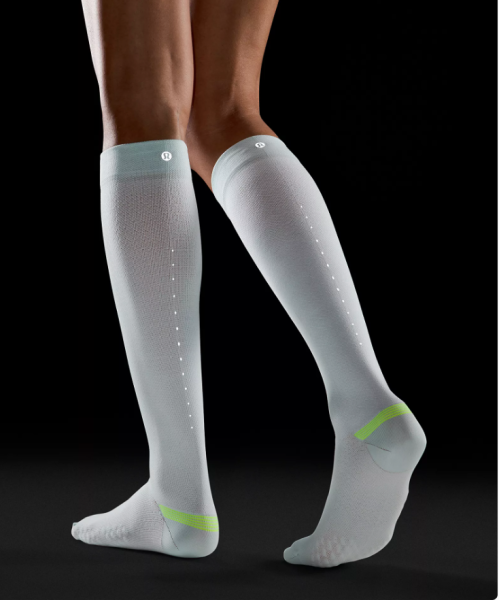
Lululemon MicroPillow Compression Knee-High Running Sock Light Cushioning — $38.00
Oh hi! You look like someone who loves free workouts, discounts for cutting-edge wellness brands, and exclusive Well+Good content. Sign up for Well+, our online community of wellness insiders, and unlock your rewards instantly.
Sign up for the Well+Good SHOP Newsletter
Get exclusive deals on wellness, beauty, fitness, and food products that have been hand-picked by our editors.
Got it, you've been added to our email list.

